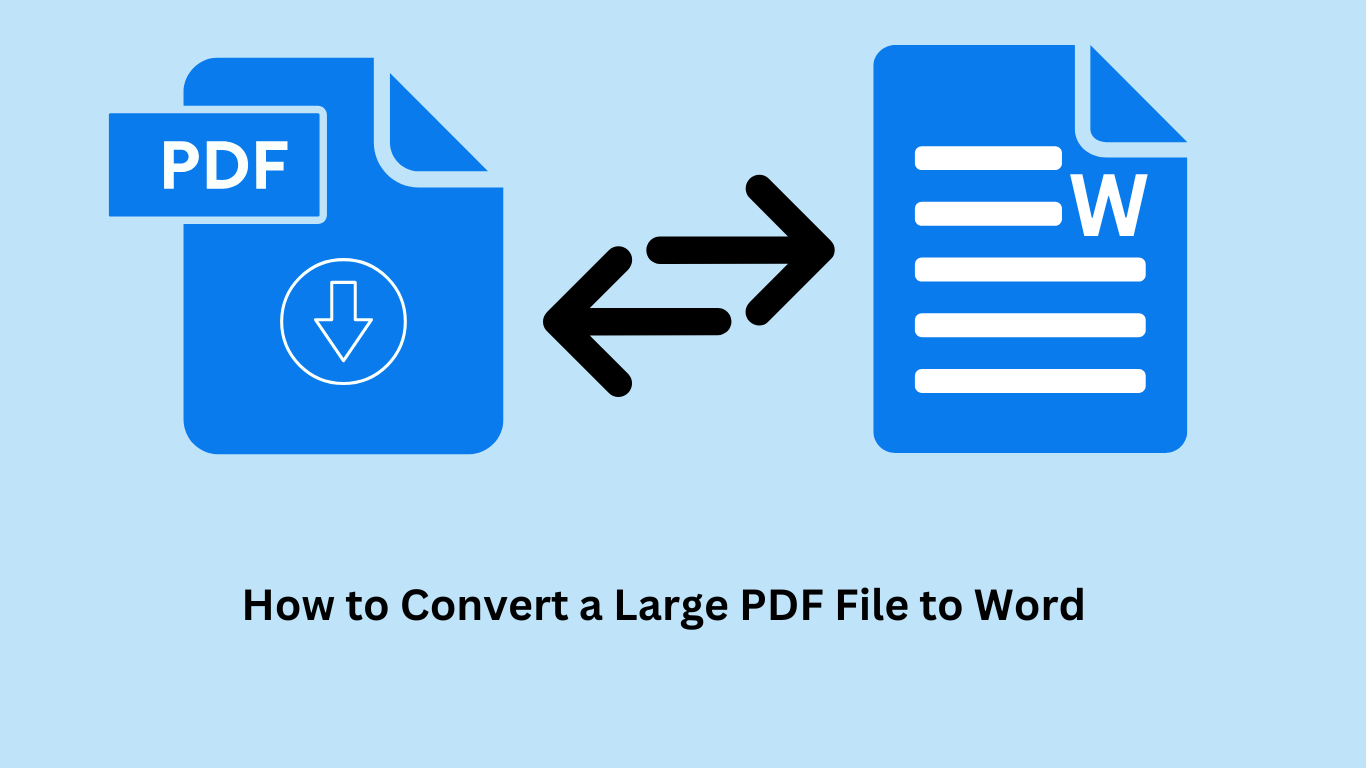Details of an HTML Editor:
- Code Editing: HTML editors provide a text-based interface for writing and editing HTML code. They often include features like syntax highlighting, auto indentation, and code completion to assist developers in writing clean and error-free code.
- WYSIWYG Editing: Some HTML editors offer a "What You See Is What You Get" (WYSIWYG) mode, which lets users visually design web pages without directly working with HTML code. These editors generate HTML code in the background as users manipulate elements.
- Code Validation: Many HTML editors include built-in validators to check the correctness of HTML code. They can highlight syntax errors, missing tags, or other issues to ensure compliance with web standards.
- Preview Mode: HTML editors often include a preview mode that allows you to see how your web page will look in a web browser without leaving the editor.
- File Management: HTML editors usually provide file management capabilities, allowing you to create, open, save, and organize HTML files and related assets (CSS, JavaScript, images, etc.).
- Templates and Snippets: They may offer templates and code snippets to help you quickly create common HTML structures, such as headers, footers, forms, and navigation menus.
- Integration: Some HTML editors integrate with version control systems, allowing developers to manage and track changes to their code.
Benefits of Using an HTML Editor:
- Efficiency: HTML editors streamline the web development process by providing tools and features that make coding and designing web pages faster and more efficient.
- Code Quality: Many HTML editors assist in maintaining code quality by providing syntax checking and auto formatting, reducing the risk of errors.
- Visual Design: WYSIWYG editors enable designers and developers to create web pages visually, making it easier for individuals who are not proficient in HTML to build websites.
- Code Reusability: Editors often allow you to save and reuse code snippets or templates, which can save time and maintain consistency across your web projects.
- Preview: You can quickly see how your web pages will appear in a web browser without the need to switch between applications.
- Collaboration: Some HTML editors support collaboration features, allowing multiple developers to work on the same project simultaneously.
- Version Control: Integration with version control systems enables code management and collaboration among team members.
- Learning: HTML editors can serve as educational tools for learning HTML and web development, providing real-time feedback and guidance.
- Cross-Browser Compatibility: Some HTML editors offer tools to test and ensure cross-browser compatibility, helping you create web pages that work well in different browsers.
Overall, HTML editors are essential tools for web developers and designers, providing a user-friendly environment to create and manage HTML documents, enhance productivity, and maintain code quality. The choice of an HTML editor often depends on the specific needs and preferences of the developer or team.



.webp)




























































































































































































































































































































































































.png)













































.jpeg)




















































































































































































